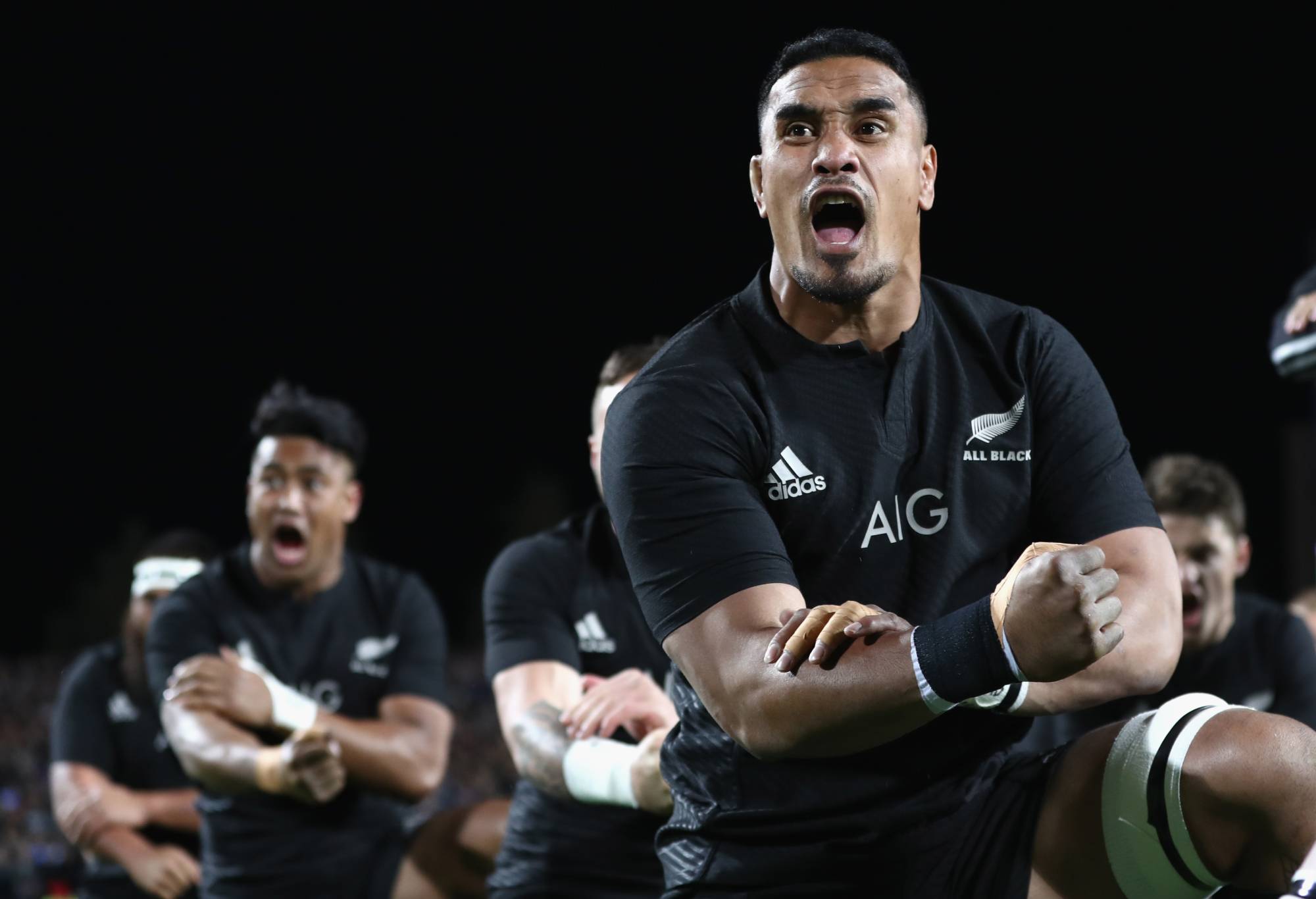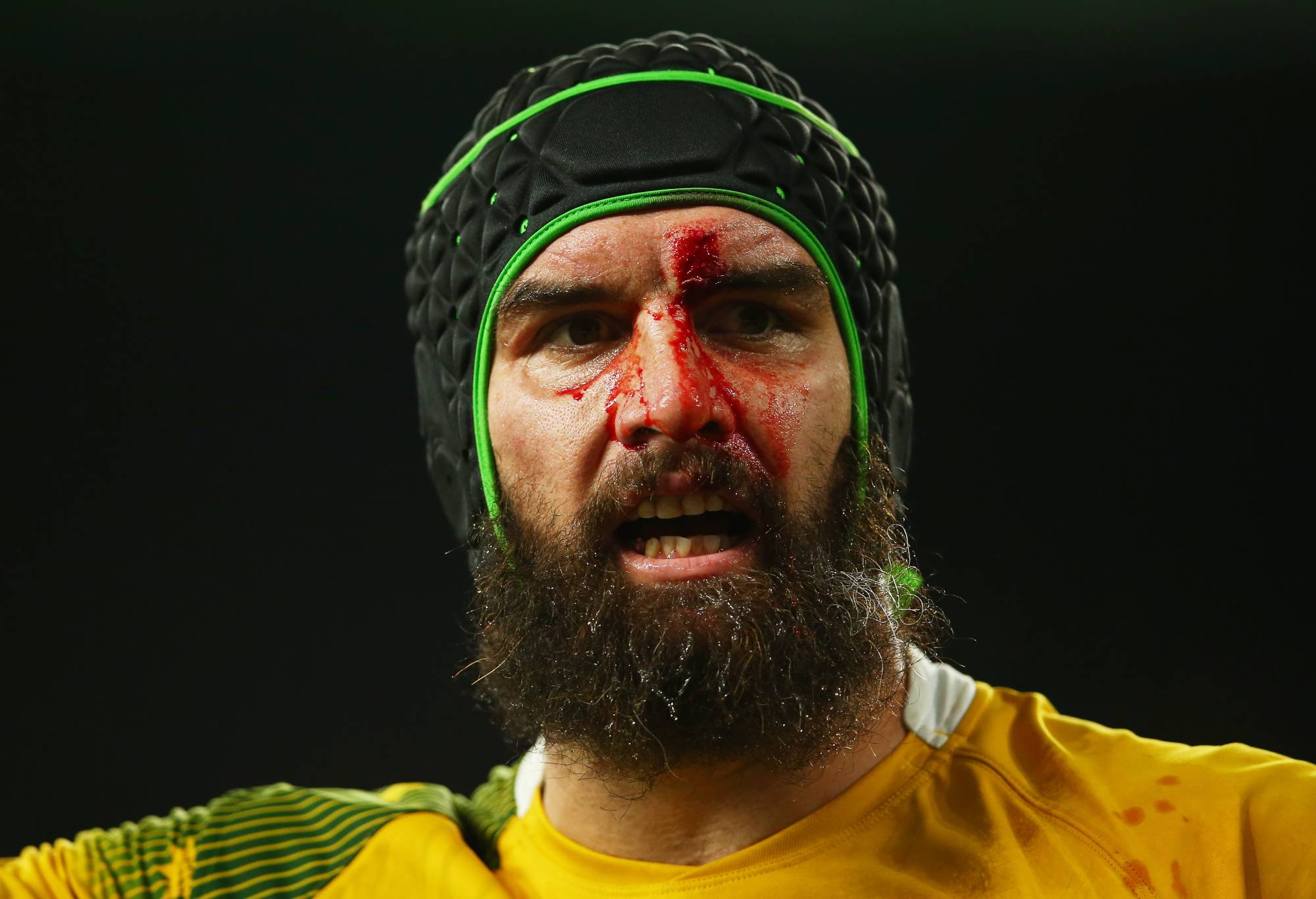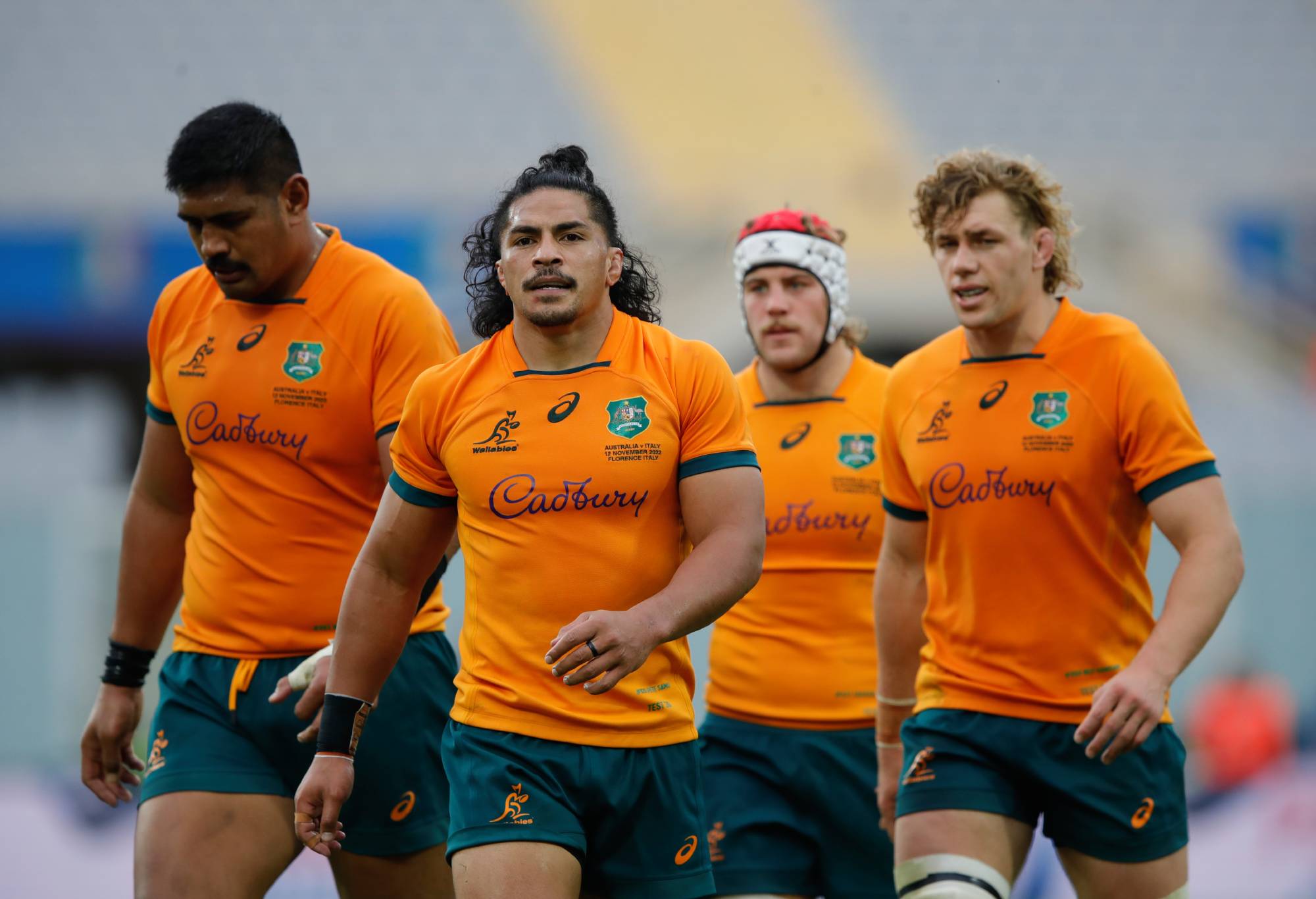The Paris resy was just the start. Six months prior that mere button was pushed. The card held it. Texts each day the week prior confirmed it; and a call reminding us of the dress code. Not just ‘formal.’ No, ‘chic.’
The red carpet was laid with care. The ropes were arranged to exclude and attract the apt arrondissement.
Foundation slathered on cheeks, hair ironed into straight angles, a jacket straining against pectorals to close, and loud chats carefully constructed to include the menu and the DJ and the world class chef.
But in the end, it would all come down to the bouncer. We were all in line, waiting to see which trainers and jeans were flashy enough to be considered formal, to determine the cut of our collars, and let us be honest, how hot we actually are, not via filtered socials but in the infallible, unappealable, and terse view of the monosyllabic bouncer.
The French bouncer resembled Waratah Saffa anti hero Jacques Potgieter if J-Pot had a high and tight fade. He had a tight suit on. He seemed to see everyone and no one. He used one word verdicts.
He smashed nights. He ruined egos. He cleaned low. He ended stories with “sorry”. He was the no in the denouement. He did not need help. One look at your inseam and a side glance at your pupils, and the bouncer knew which state you came from and what state you were in and the state of your banking accounts.
The voiturier (valet) leaned against the cold stone wall and watched but waited for his moment: when he could escort failed applicants back to very low cars in very high heels, as they protested.
But the bouncer operated alone.
He was a blindside.
“Desolee.” His apology ended you.
“Non.” His denunciation left no room for interpretation. Show him your phone, your code, your confirmation texts in vain. Your look was bad. You failed. Try again next year.

Jacques Potgieter was a destructive blindside flanker during the Waratahs’ memorable couple of years under Michael Cheika. Photo: Mark Kolbe/Getty Images
The blindside bouncer seemed to discern each hopeful’s dialect from their shoes and adapted to it. “Nein.”
This man of few words, standing tall and lithe, enjoyed his work.
As I looked at him, and he at me, I saw a young man without lofty aspirations. He liked to end or start a night with a word, or even, in our case, with a wink and a nod.
Dozens of number sixes came to my mind. The quiet men. Just a beer in the sheds. The man in the bar you wanted next to you when tables were turned. Big enough to take anyone down, but fast enough to rob your hope of escape. The big six.
The flank who can lock, but prefers to roam, to hit, to run, and speak in Old English, or four letter words.
Find the common element in the late Jerry Collins, big Jerome Kaino, long Courtney Lawes, tireless Pieter-Steph du Toit, tart-tongued Peter O’Mahony and imposing Scott Fardy? When they speak, what they say is clear. When they tackle, the end is near.
They will outwork you, outmuscle you, and as Digby Ioane can attest, they will decide if you get into the club or are picked up and carted.

Jerome Kaino is one of the best blindside flankers to take the field. Photo: Phil Walter/Getty Images
Why do blindsides like du Toit or Marcos Kremer speak so little?
Perhaps they say a lot with a few words? Maybe they are poets.
Or they loathe waste.
Pop songs tend to have short syntax; heavy on one syllable words:
“Sad songs say so much.”
“I want it that way.”
“You’re the one that I want.”
“Give it to me one more time.”
“She loves you, yeah, yeah, yeah.”
“Up and down. Both sides now.”
“I’m in love with the shape of you.”
“We will, we will, rock you.”
“Mama, just killed a man.”
“You shook me all night long.”
English is an unusual blend of two tongues: one syllable Anglo-Saxon words from northern Europe and longer Latin words from France. Most three-syllable words are virtually identical in modern English and French. Many English words have Saxon and Latinate versions.
Saxon words are short, concrete, and sound hard. see, ask, come, let, eat, break, mark, grow, house, tool, kin, talk, luck, share, shot, small, high, fair, good, next, right, tight, burn, light.
These are all good lineout call words and belong in pop songs or in the sheds at half time.
What would J-Pot say? He’d speak in Saxon.
Norman/Latin words are more elaborate (like the word ‘elaborate’): perceive, inquire, arrive, permit, ingest, damage, designate, cultivate, residence, implement, relatives, conversation, fortune, proportion, injection, diminutive, elevated, equitable, favorable, subsequent, correct, constricting, incinerate, illuminate. Pop songs don’t use these, nor do many blindsides.
These words are for halfbacks, commentators, and French referees.
Cleaning rucks, at the right height and the right time, is done best with very brief and bad verbs.

Do the Wallabies have a Scott Fardy-esque blindside flanker? Photo: Dan Mullan/Getty Images
Offering yourself for multiple carries in a series is all about pronouns.
Barking data on defence takes mere grunts.
Blindsides routinely top tackle counts: Kremer or du Toit can notch twenty stops in a game, which puts their bodies through a fair number of G-forces, robbing them of gabbiness.
Winston Churchill once said: “Short words are best, and the old words, when short, are best of all.” Swear words are short and are some of the oldest; and tend to be Saxon. Your Latin option for the F-word would be “copulate,” which does not pack the same punch. Blindsides tend to be some of the best cursers on the team or are rather devout as they commit mayhem.
The Wallabies do not have a clear number six in full possession of the jersey. In his positional power rankings, editor Tony Harper had the Aussie options for number six as Rob Valetini, Pete Samu, Liam Wright, Lachie Swinton, Josh Kemeny, Seru Uru, and Michael Wells.
As an aside, Tony and I, along with a couple of The Roar stalwarts, left a Surry Hills eatery late and walked down to a bar where the big bouncer looked deeply into each of our eyes. Three of us passed the test of souls; the last troubled him. “He good?”
We nodded, dishonestly.
“Stay with him,” the blindside warned. We did.
Australia is working out its loose trio.
Valetini and Samu are big and strong enough to play at six, but may be best at eight and on the bench, respectively. They are in the mould of Irish, French, and Argentine loosies who tend to be almost interchangeable. O’Mahony, Caelan Doris, Jack Conan, and Josh van der Flier are of a similar size for Ireland; Kremer, Juan Martin Gonzalez, and Pablo Matera are all tall. Charles Ollivon is big enough to play lock; Anthony Jelonch and Nicolas Cros can switch fields.

Who wears the No.6 jersey for the Wallabies remains one of Eddie Jones’ biggest decisions. Photo Timothy Rogers/Getty Images
Harry Wilson could play six; he has at every level. Liam Wright is a rangier sort, who may lack the stopping power at the highest level of gainline gamesmanship but would shore up the lineout.
Beyond that, Swinton struggles to make referees happy and Nick Frost showed in his seventy meter burst last weekend that he has the pace.
A six is a joker in the pack: not a true specialist, but must be the hardest bastard in the crew.
His decisions to end a breakdown, chop or choke a tackle, or shadow a nine all match must be clear and cussed.
Picking six is one of Eddie Jones’ more interesting tasks.
A bit like choosing my shoes to waltz right up the red carpet and into nightclub nirvana.
































































































